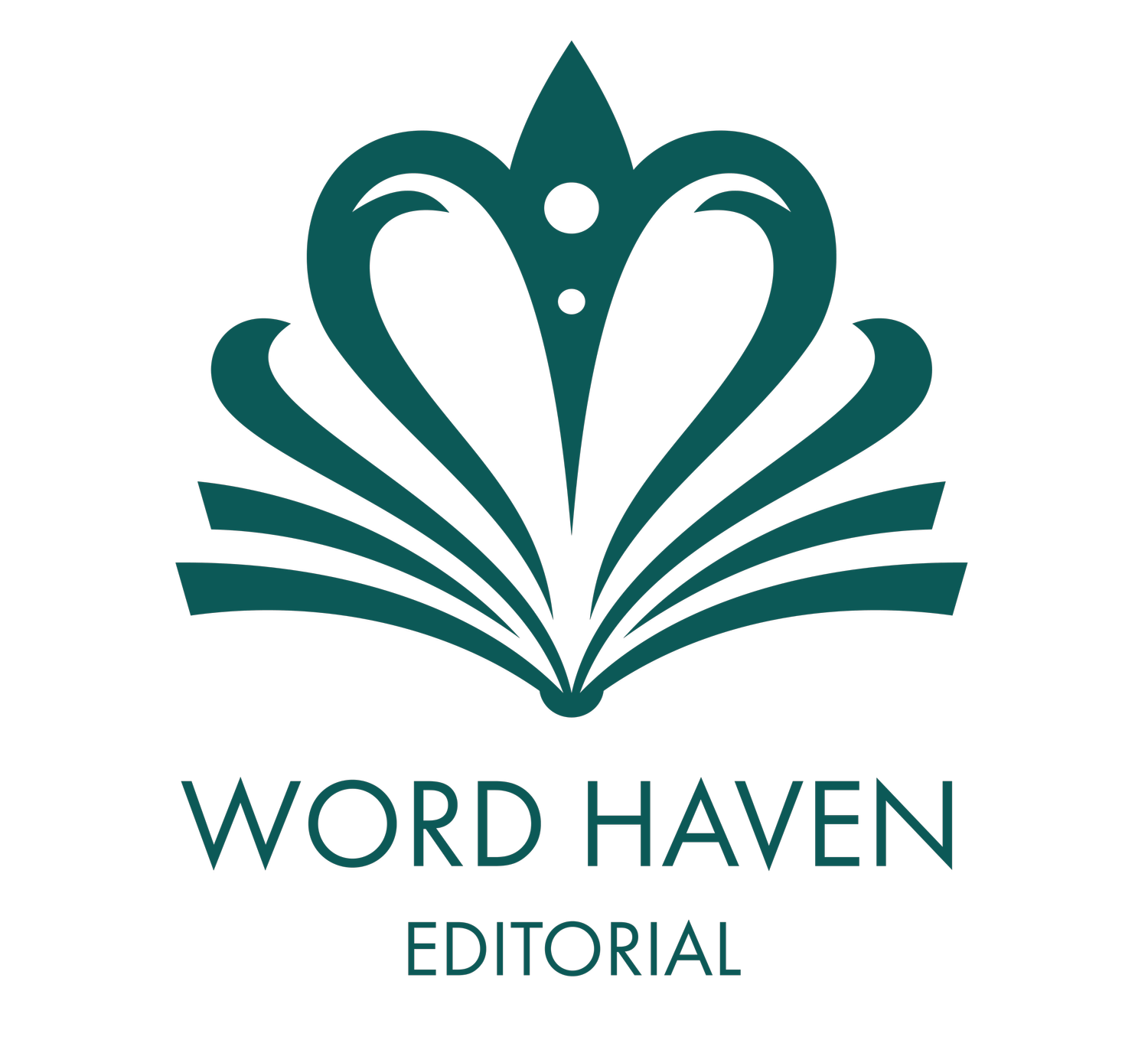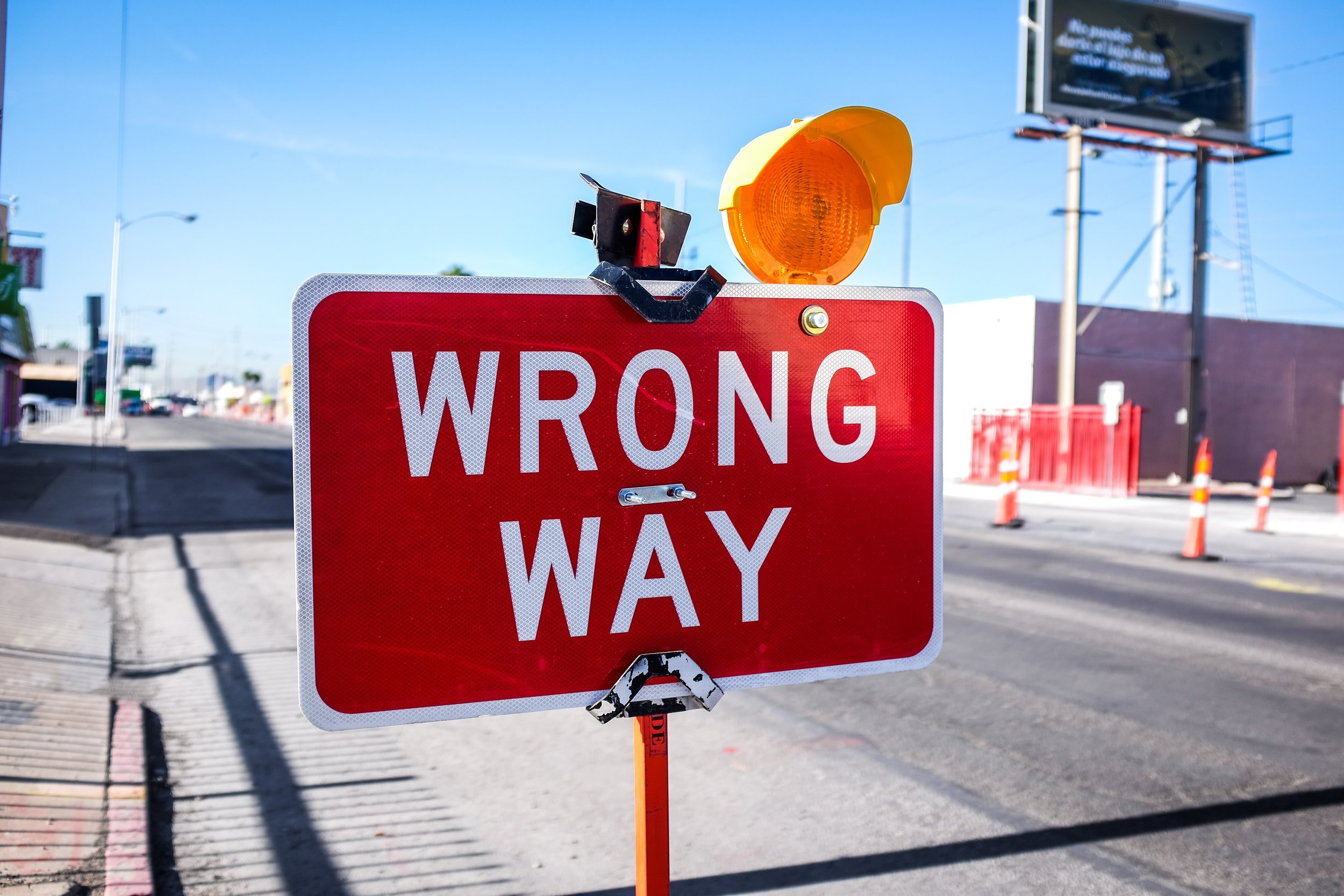10 COMMON MISTAKES NONFICTION WRITERS MAKE WHEN HIRING AN EDITOR
As you approach the critical stage of hiring an editor to polish your manuscript, it's essential to navigate the process with care and consideration. Many nonfiction writers encounter pitfalls when trying to find the right editor for their work. Let's delve into the ten common mistakes you should avoid when hiring an editor for your nonfiction manuscript:
1. Neglecting to Research the Editor's Specialization: Not all editors specialize in nonfiction. Failing to ensure that your editor has experience with your specific genre or subject matter can lead to a mismatch in understanding your content's nuances.
2. Rushing the Hiring Process: Time constraints can be stressful, but rushing to hire an editor without due diligence may result in a mismatched working style or overlooked details in your manuscript.
3. Ignoring Testimonials and Reviews: Feedback from previous clients can provide invaluable insights into an editor's professionalism, reliability, and quality of work. Dismissing testimonials might mean missing vital information.
4. Focusing Solely on Price: Opting for the cheapest editing services might save money initially, but it could compromise the quality of the final product. Value and quality should weigh as heavily as the cost when making your decision.
5. Lack of Clear Communication: Miscommunication regarding expectations, timelines, or editing styles can lead to frustration and dissatisfaction. Establish clear lines of communication with your editor from the outset.
6. Overlooking Sample Edits: Requesting a sample edit allows you to assess the editor's approach and how well they understand and enhance your writing style. Skipping this step might lead to surprises later in the editing process.
7. Not Defining Editing Needs Clearly: Different editing stages (developmental, copyediting, proofreading) cater to distinct aspects of your manuscript. Failing to clarify your editing requirements might result in an incomplete or mismatched edit.
8. Forgetting Compatibility: Your editor isn't just a service provider but a collaborative partner. Overlooking compatibility in work ethic, communication, and vision can hinder the editing process.
9. Unrealistic Expectations: Expecting an editor to transform your manuscript into a national bestseller or expecting them to fix major structural issues in a single round of editing might lead to disappointment.
10. Skipping the Contract: A detailed contract protects both you and the editor by outlining the scope of work, timelines, payment terms, and confidentiality agreements. Skipping this step can lead to misunderstandings later on.
Navigating the process of hiring an editor for your nonfiction book requires careful consideration, research, and open communication. By avoiding these common mistakes, you pave the way for a fruitful collaboration that brings out the best in your manuscript and enhances your journey toward publication.
Remember, finding the right editor is an investment in your work's success. Take your time, ask questions, and choose wisely to ensure your nonfiction book reaches its fullest potential.

